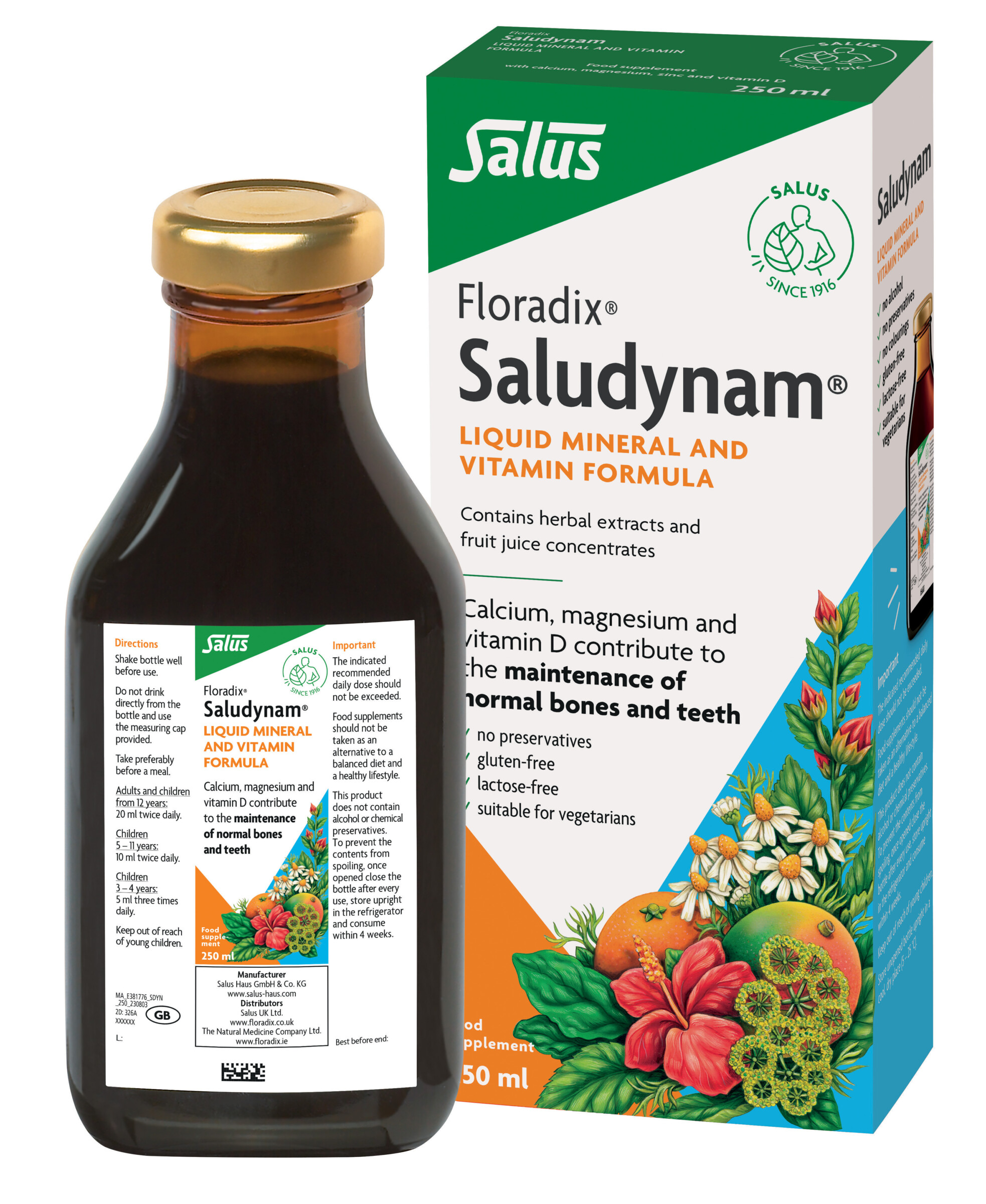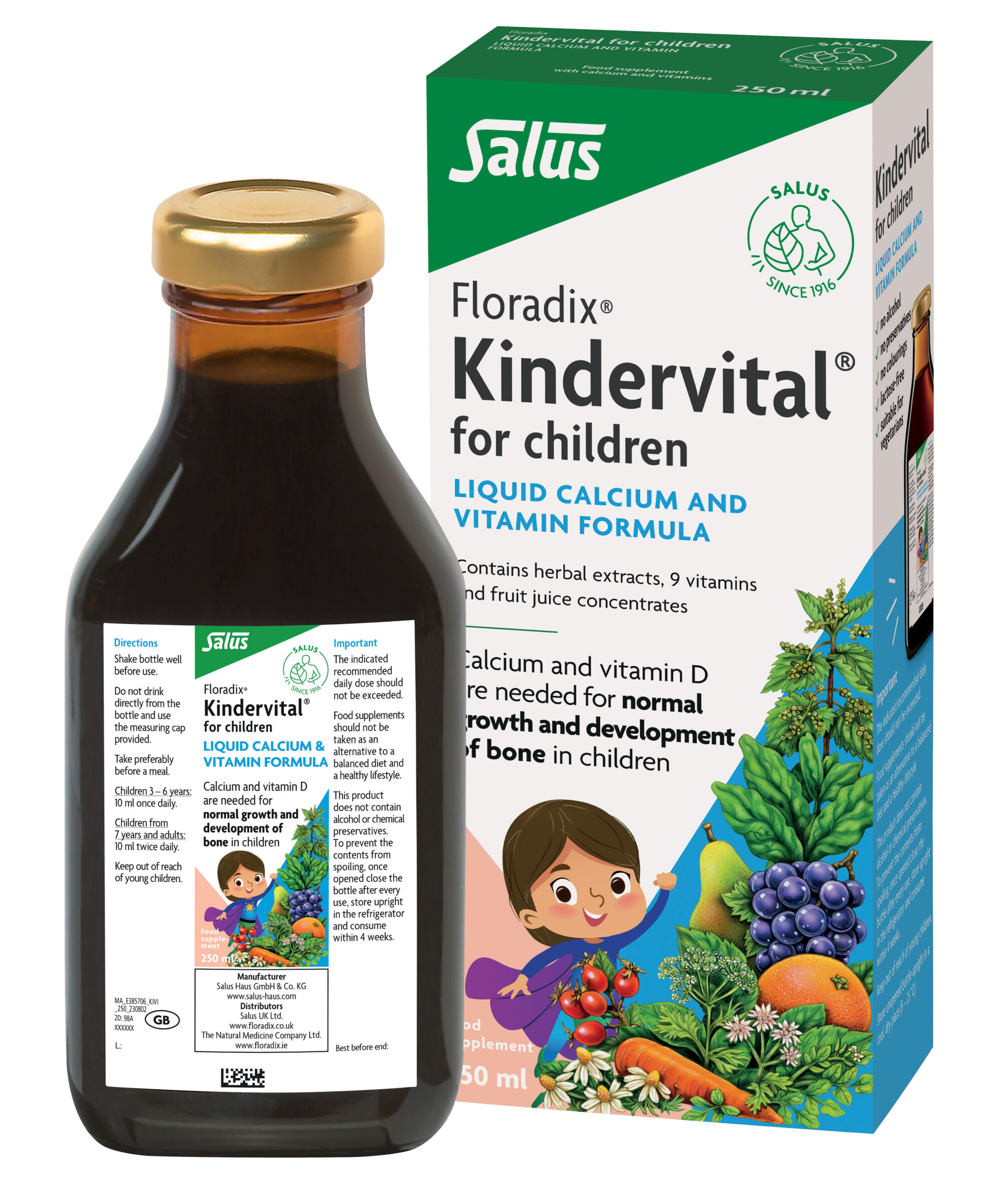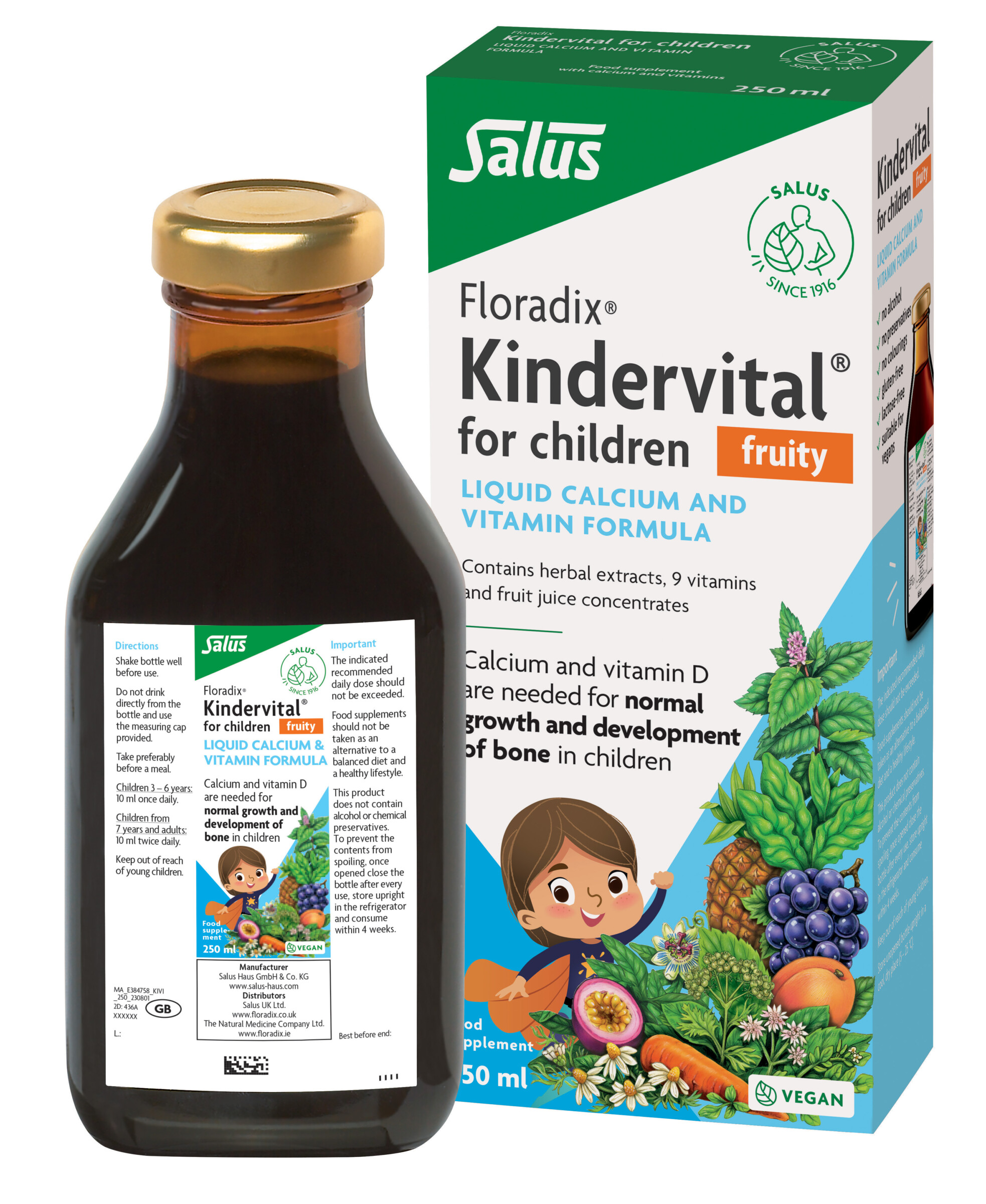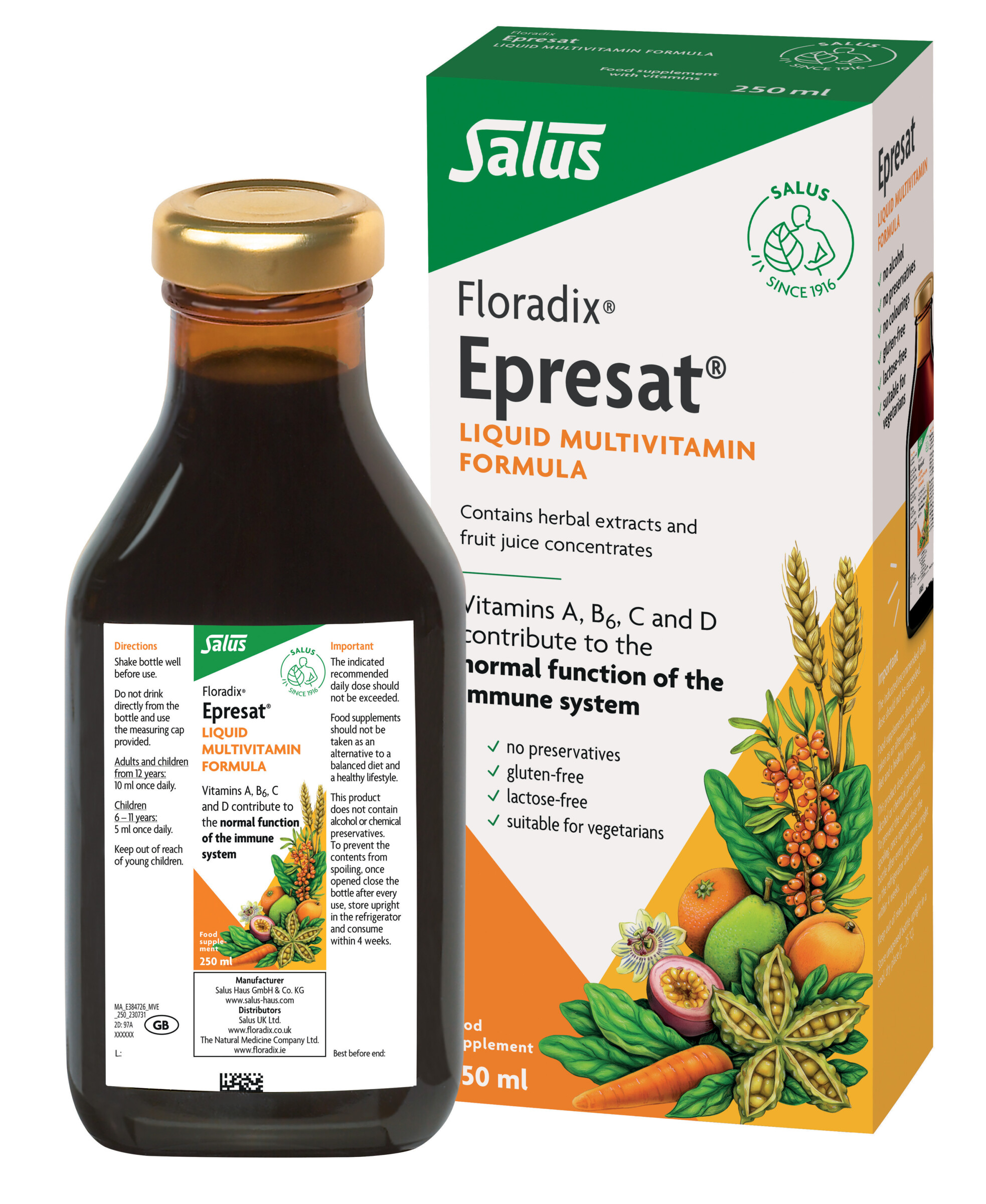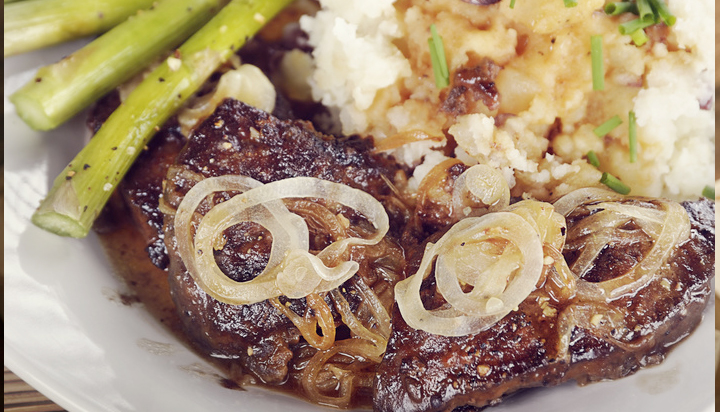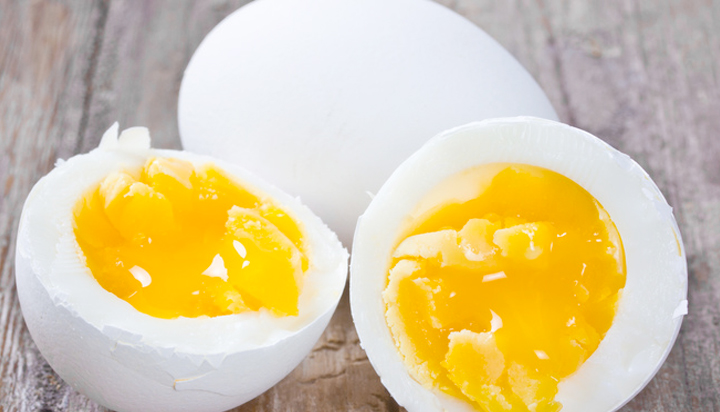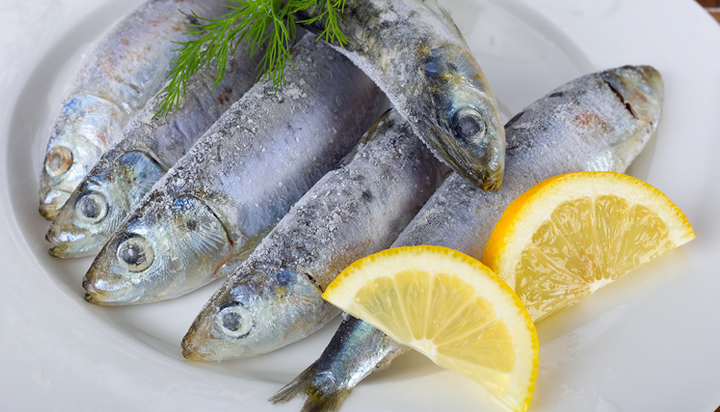Vitamin D
Vitamin D is a fat-soluble vitamin that is different from most other vitamins because our bodies can make most of what we need with exposure to sunlight.

What is vitamin D needed for?
- Contributes to the maintenance of normal bone and teeth.
- Contributes to normal absorption and utilization of calcium and phosphorus and the maintenance of normal blood calcium concentrations.
Good sources of vitamin D include:
- Oily fish – such as salmon, tuna, sardines, herring and mackerel
- Red meat
- Liver
- Egg yolks
- Fortified foods such as spreads and some breakfast cereals.
How much vitamin D do you need?
During the autumn and winter, you need to get vitamin D from your diet because the sun isn’t strong enough for the body to make vitamin D.
But since it’s difficult for people to get enough vitamin D from food alone, everyone (including pregnant and breastfeeding women) should consider taking a daily supplement containing vitamin D during the autumn and winter.
Between late March/early April to the end of September, most people can get all the vitamin D they need through sunlight on their skin and from a balanced diet. You may choose not to take a vitamin D supplement during these months.
People at risk of vitamin D deficiency
Some people won’t get enough vitamin D from sunlight because they have very little or no sunshine exposure.
The Department of Health recommends that you take a daily supplement containing 10mcg of vitamin D throughout the year if you:
- aren’t often outdoors – for example, if you’re frail or housebound
- are in an institution like a care home
- usually wear clothes that cover up most of your skin when outdoors
If you’re from a minority ethnic group with dark skin, such as African, African-Caribbean or south Asian, you may also not get enough vitamin D from sunlight. You should consider taking a daily supplement containing 10mcg of vitamin D throughout the year.
Visit the NHS site for more information on vitamin D – www.nhs.uk
Source: www.nhs.uk (Next review due 03/08/2023)
